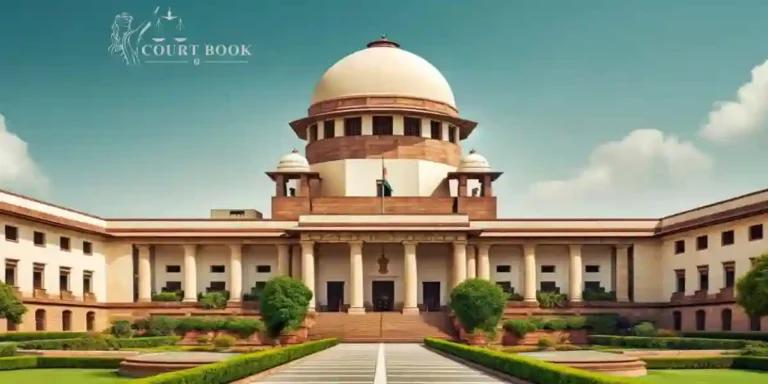The Supreme Court recently expressed strong disapproval towards an Additional Sessions Judge in Madhya Pradesh for failing to comply with its bail order. The Apex Court found the judge’s conduct "shocking" and issued a show-cause notice, questioning why strict action should not be taken against him. Additionally, the Supreme Court urged the Chief Justice of the Madhya Pradesh High Court to arrange a week-long training for the judicial officer.
Read also: Supreme Court Issues Notice on Challenge to Allahabad HC's 2019 Senior Advocate Designations
Case Background
The case arose from a Supreme Court order dated January 24, which granted bail to an accused subject to conditions set by the Trial Court. However, when the accused approached the Trial Court, it imposed an additional condition – compliance with a fine, which was already under appeal.
On March 7, the Supreme Court further clarified that the accused should be released on furnishing bail bonds worth ₹25,000 with two sureties of the same amount. Despite this, the Trial Court, on March 8, questioned whether the Supreme Court had addressed the adjustment of a ₹5 lakh fine deposited earlier. It insisted on payment unless specifically relieved by a higher court.
Read also: Supreme Court Reserves Treasurer & 30% EC Posts for Women Lawyers in Gujarat Bar Associations
The Supreme Court strongly criticized the Trial Court’s actions, stating,
“The Trial Court's order discloses a total lack of understanding and, in fact, amounts to a clear overreach of the orders of this Court. Even the language and tenor of the order are objectionable.”
The Apex Court viewed this as a serious case of judicial misconduct, leading to the decision to seek an explanation from the judge and recommend training.
Read also: Supreme Court Stays Release of In-Service Indian Women Army Officers Amid Tensions
The Supreme Court directed the Chief Justice of the Madhya Pradesh High Court to send the concerned judicial officer for a week-long training to improve his understanding of compliance with Supreme Court orders. The judicial officer was also asked to explain why no strict action should be taken against him for ignoring the Apex Court's directives.















